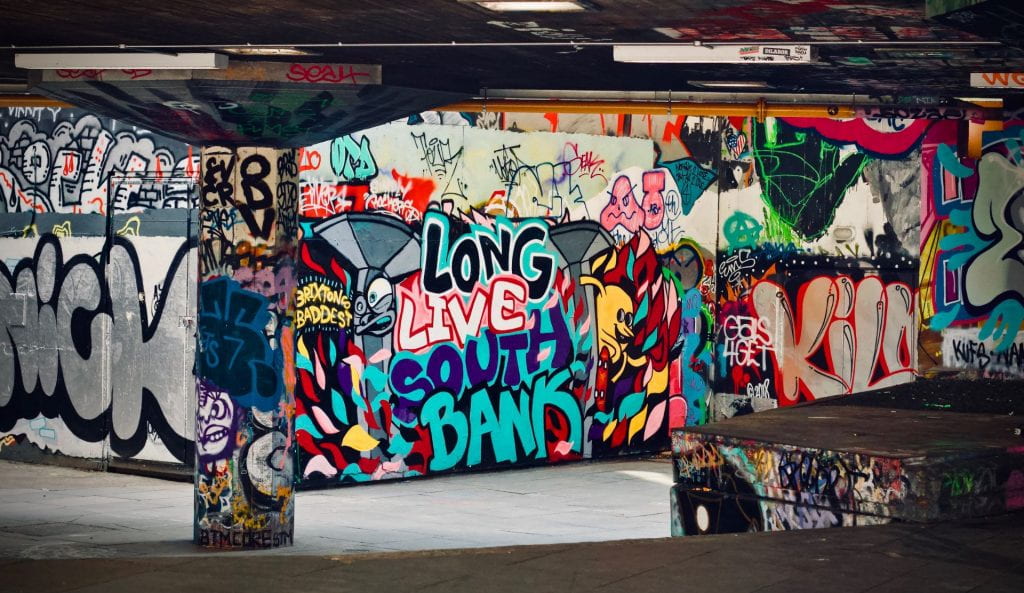London is without a doubt my favourite city in the world. Its heritage and diversity make it an amazing place for students, with so much to do and explore.
Below, I have listed some of my favourite tourist hot-spots in London!
Buckingham Palace
Buckingham Palace is the London residence of the monarch of the United Kingdom. The entire building is phenomenal. I highly recommend visiting the magnificent State Rooms of the palace, which are only open to the public for two months a year while the Queen is not in residence. This is usually between the end of July and late September.
Oxford Street/Bond Street
All the major brands, as well as many restaurants, are located in this area. You can stroll through the streets and spend a whole day browsing and window shopping. Bond Street differs to Oxford Street in its selection of stores, with a greater focus on high-end shopping. Indeed, it is one of the most expensive shopping streets in London! Oxford Street features most high-street brands and is known for being Europe’s busiest shopping street.
Museums and Galleries
London has many museums and art galleries, many of them offering free admission to their permanent collections. Some of my favourites are the Natural History Museum, the Tate Modern and the Science Museum. And don’t forget about the Tower of London! There is definitely something for everyone, based on wherever your interests lie.
Platform 9 ¾
If you are a Harry Potter fan, you cannot miss this! London King’s Cross Station is famous for being the station that Harry Potter and other wizards used to make their way to Hogwarts. Pose for a picture beside a luggage trolley disappearing magically into the wall and have your photo taken to commemorate your wizarding journey forever!
Harrods
Harrods is one of London’s most famous department stores, known particularly for serving the elite and the super-rich. It opened its doors in 1824 and has been privileged to receive the Royal Family as a patron. It is definitely worth visiting for a taste of indulgence!







